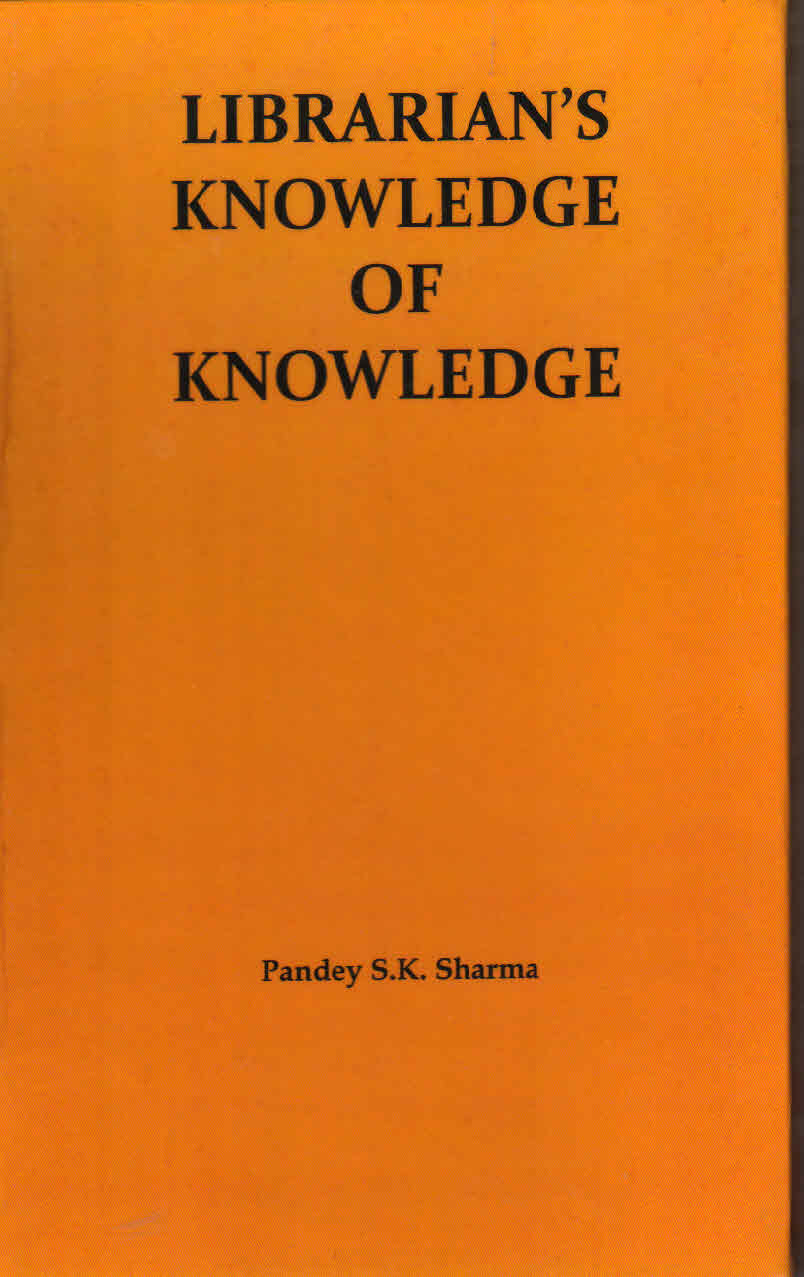Why another book on knowledge management (KM)? The most obvious reason is that KM, and interest in KM, continues to grow. In fact, the continuing growth of KM is so dramatically different from the patterns of other recent business hot topics that we have devoted a small introductory chapter following this introduction, entitled "KM Is Here to Stay," precisely to illustrate and document this point.
That is not the only reason for this book, however. Another reason is the continued expansion of KM into new areas and in many cases the recognition that old areas, for example competitive intelligence, are quite logically part of KM. In the first major section of he book, the Introductory Chapters, this expansion is described as having three parts:
1. Expansion I: The Fourth Stage of KM=Context and Extra Organizational Knowledge
2. Expansion II: The Overlap and Convergence with Content Management, Project Management, Competitive Intelligence, Environmental Scanning, and Knowledge Audit
3. Expansion III: KM is the New Business Potpourri. Rather than be repetitive, the reader is directed to the foreword in the Introductory Chapters Section for a quick Summary of the three themes, and to the chapters themselves for a more complete discussion.
Knowledge Management In Practice (Connection and Context)
Rs. 1695
Additional information
| ISBN | 9788170005421 |
|---|---|
| Year of Publication | 2008 |
| Binding | HardBound |
| Pages | |
| Edition | |
| Language | English |
Introduction
Acknowledgments
Roadmap
Companies and Organization Mentioned
Introductory Chapters : The Three-Dimensional Expansion of KM
Foreword
Chapter 1 : KM Is Here to Stay-----------Michael E.D. Koenig. Long Island University
Chapter 2. KM Moving into Stage IV? The Extra-Organizational Stage-------Michael E.D. Koenig, Ling Island University
Chapter 3. Knowledge Management Expansion: Content Management, Project Management, Competitive Intelligence, Environmental Scanning, and Knowledge Audit-------------T. Kanti Srikantaiah, Dominican University
Chapter 4. KM: The New Business Potpourri or Seeing the Forest Rather than Just the Trees-----Michael E. D. Koenig, Long Island University
PART I : Identifying the Knowledge
Foreword
Chapter 5. Representing and Managing Context: Toward Knowledge Resource Planning---------Kavi Mahesh, PES Institute of Technology J. K. Suresh, Infosys Technologies Ltd.
Chapter 6. Knowledge Audits: Establishing a Context for Leveraging Knowledge ----------Lynda W. Moulton, LWM Technology Services
Chapter 7. PKM: A Bottom-Up Approach to Knowledge Management---------Dave Pollard, Meeting of Minds, Consulting Services
PART II : Knowledge Management Strategy
See also the Roadmap
Foreword
Chapter 8. Knowledge Strategy: the Linkage Between Business Strategy and Knowledge Management----------Joseph Kasten, Dowling College
Chapter 9. You Want Systems But You Need Strategy -----------Bob Boiko, Metatorial Services Inc.
Chapter 10. Knowledge Management in Strategic Context-------Robert N. McGrath, University of Maryland University College
Chapter 11. Knowledge Services: The "Why" of Knowledge Management --------Albert J. Simard, Natural Resources Canada
PART III : Knowledge Management Techniques and Technology
Foreword
Chapter 12. How to Build a Smart Search System using Taxonomies and Ontologies-------------Denise A. D. Bedford, World Bank
Chapter 13. Video Management and the Transfer of Knowledge through Audiovisual Material---------Suliman Hawamdeh and Hazem Refai, University of Oklahoma
Chapter 14. Knowledge Discovery, Metadata, and Semantic Interoperability Denise A D. Bedford, World Bank
Chapter 15. Knowledge Management: Best Practices in the Info Tech Sector ---------Madanmohan Rao, Asian Media Information and Communication Centre
PART IV : Knowledge Sharing
See also the Roadmap for communities of Practice on Collaboration and Collaborated Tools
Foreword
Chapter 16. Sharing Knowledge : Problems, Root Causes, and Solutions-----------Laurence P. Chait, Chait and Associates, Inc.
Chapter 17. Digital Libraries and Librarians in the learning Organization -------Kate Marek, Dominican University
Chapter 18. Corporate Blogs and Communities of Practice------Qiping Zhang, Ling Island University Shanshan Ma, Drexel University
PART V : Knowledge Management Measurement and Assessment
See also the Roadmap
Foreword
Chapter 19. Measuring Knowledge in Organizations: the Organizational Knowledge Assessment Tool----------Ana Flavia Fonseca, University of Joao Pessoa Arnoldo Fonseca, Consultant
Chapter 20. Knowledge Management Measurement; An Agenda for Organizations and Economies--------Alton Y. K. Chua and Abdus Sattar Chaudhry, Nanyang Technological University
PART VI : Knowledge Management and Project Management
Foreword
Chapter 21. Knowledge Management is Software Project --------------C. S. Shobha, Perot Systems
Chapter 22. Running Successful Collaboration Software Pilots-------------Joe Hutchinson and Patti Anklam, Hutchinson Associates, Consulting Services
PART VII : Knowledge Preservation
See also the Roadmap
Foreword
Chapter 23. Transfer of Long-Term Knowledge and Expertise: A Case Study in the Nuclear Sector-----------Francoise Rossion, Ernst & Yong Consultancy
Chapter 24. An Alternative Knowledge System at the World Bank: A Case Study of the World Bank's Indigenous Knowledge fro Development Program---------Deepa Srikantaiah, University of Maryland Claudia Rueger, World Bank
PART VIII : Knowledge Management in Government
See also the Roadmap
Foreword
Chapter 25. Knowledge Networking in a Public Service Agency: Contextual Challenges and Infrastructural Issues----------Elisabeth Davenport, International Teledemocracy Centre Louise Rasmussen, Napier University
Chapter 26. Knowledge Management in the Federal Sector; A Review and Critique--------Roland G. Droitsch, KM21 Associates
About the Contributors
Index



